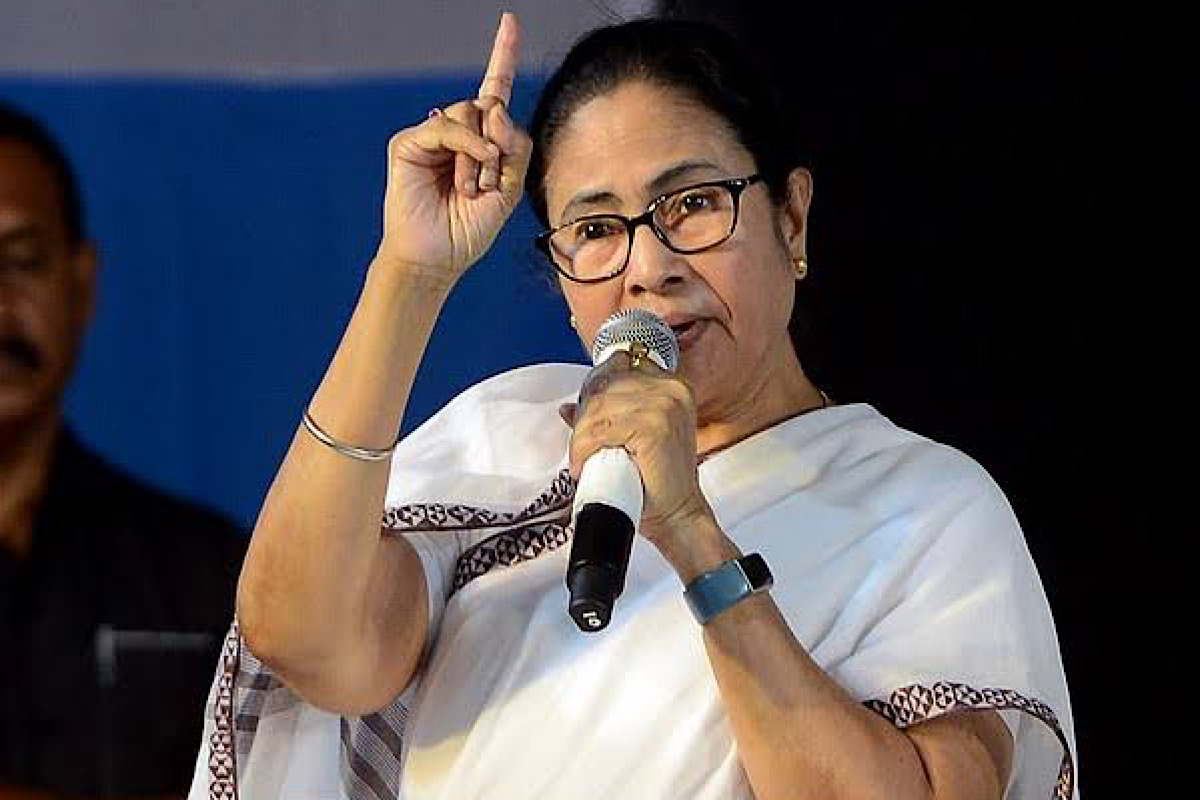West Bengal chief minister Mamata Banerjee has strongly resented the reported discussion between Prime Minister Narendra Modi and Sheikh Hasina, Prime Minister of Bangladesh, over the sharing of the water of Ganga and Teesta, bypassing the state Bengal government. The Indo-Bangladesh Farakka Treaty (1996) will expire in 2026 and the Centre is in the process of renewing the treaty. In a letter to Mr Modi, Miss Banerjee wrote, “It is to convey my strong reservation that no discussion on sharing of Teesta water and the Farakka Treaty should be taken up with Bangladesh without the involvement of the state government.
The interest of the people of West Bengal is paramount which should not be compromised at any cost.” In the letter she brought to the notice of the PM that the river morphology has changed in the eastern part of India and Bangladesh over the years, which has deprived West Bengal and negativity impacted the water availability in the state. There has been eastward migration of the Ganges (and Padma in Bangladesh) over the last 200 years, disrupting their link with several rivers in West Bengal. She further said after the Treaty was signed, keeping in view of the likely change in river morphology after the barrage construction, the then PM HD Deve Gowda in December 1996 had assured the state government that central assistance will be provided for maintenance and dredging.
Advertisement
However, no funds were sent by the Centre. In 2005, the jurisdiction of the Farakka Barrage Project Authority (FBPA) was expanded to 120 km (80 km in the downstream and 40 km in the upstream) so that necessary anti-erosion work can be taken by the FBPA in the region.









